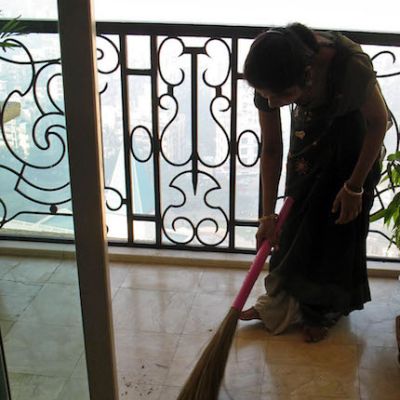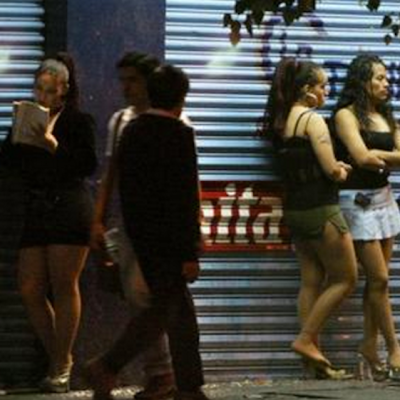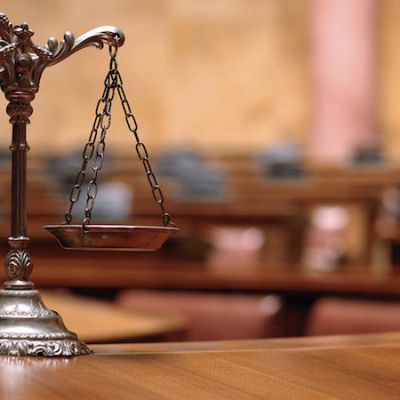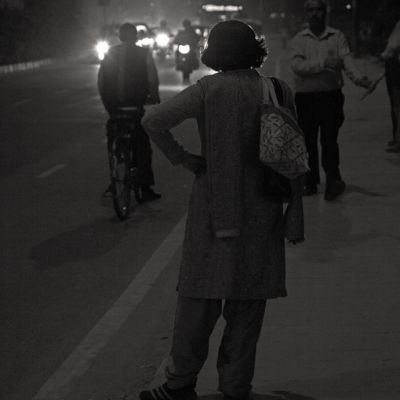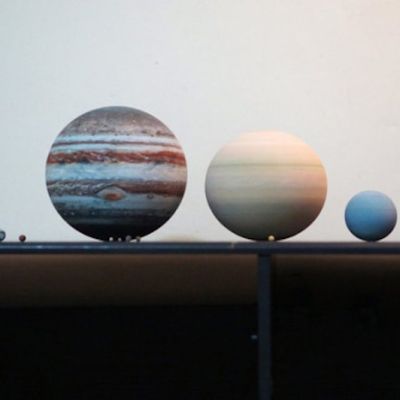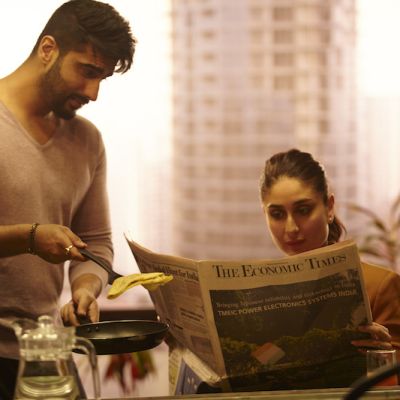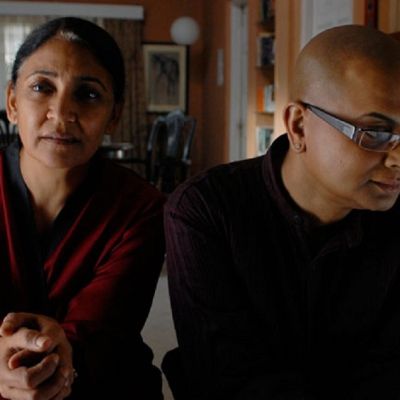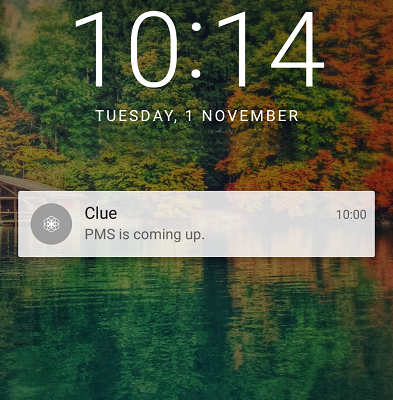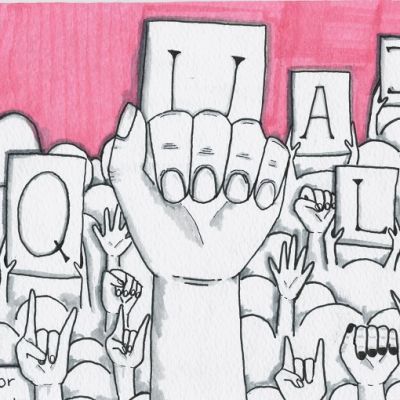Voices
A few days ago, my cousin saw Anita masturbating while going to sleep. And while having a discussion around this, I realised how, even after its being noticed, nobody wanted to talk about finding ways to discuss it with her in a pleasure-affirming manner.
As soon as you add sexuality to a piece about money, the first instinct generally is to reduce it all to sex, leaving the “-uality” like a little invisible tail feather that flutters away into the unknown.
A year ago, just ten minutes after I had landed in the Punjab and Haryana High Court. I was introduced to this young lawyer – not the least bit enthusiastic, a big critic of the law, of lawyers, of the High Court, and most importantly, of women. “Let me tell you a secret: law is not a profession for girls,” said he.
The concept of boundaries has become mixed up with the concept of being bound in a this-far-and-no-further way. They have become enclosures, aquariums, cages built for those who inhabit them, but not necessarily built by them.
Invitation cards had been printed. Her parents wanted to get the best of everything for her. She knew that all this generosity came more out of them trying to put up appearances than out of their love for her. Instead of trying to make sense of it all, or to reason with them, she was told to just enjoy this special life event. Once the whole family had arrived, all of her father’s financial worries and her mother’s emotional ones got drowned in the festivities that took place each night. The bright strings of lights flickered all around the house, announcing the upcoming marriage to the world.
Tolerance and space for another who is not like oneself is important. Without such tolerance and space we risk becoming perpetrators of injustice, forcing everybody into a mold that is not their shape.
I began to see Marriage / in Appa’s weathered hands, / smell Marriage / in the tea he brewed…
Can I choose to stop caring about the big bad world, and stay at home? I’ll raise the kids and cook the meals while my wife goes out to work instead?
And that is sadly the case with so many women. Speak of exercise and nutrition as a path to wellbeing and self-care, sure. They will read Prevention and Health type of magazines, employ a personal trainer, go to a yoga class, or follow a dietician’s advice. But speak to them of yoni eggs, masturbation and self-pleasure, and you are suddenly not speaking a language they understand!
Not everybody, everywhere, learns self-care, though most people learn how to wash their faces, brush their teeth, wear clean underwear, and lock the door to keep themselves safe.
There are a number of different ways to approach this theme, Films and Sexuality. One way is through the eyes of the popcorn-eating, samosa-chomping, money-paying audience member who chooses to see or not see a film, who likes or dislikes it, who makes the film a box-office hit, or pans it.
Representation is a tricky thing, especially when it comes to portraying minorities. It is easy to stereotype and feed into the popular image of minorities. Gay men as fashion designers or hairstylists desperate to be friends with straight women are a rather common trope. It makes gay men visible but on heterosexual terms. It takes away any individuality from the gay man; he merely survives to seek affirmation from the straight people in his life.
When I saw Alia Bhatt’s gloriously flawed Kaira in the film ‘Dear Zindagi’ (2016), I felt so gratified I could have jumped up and cheered. To paraphrase, she resolutely sheds the burden that Hindi film heroines have been hefting on their always-delicate shoulders since the first hero whistled wolfishly across the street – the need to be relentlessly likeable.
Just this morning, I got an alert on my phone from an app with a grey icon that brims with seriousness; in a no-nonsense way, it announced: PMS is coming up.
Though lovers often live in their version of paradise cut off from the wider world, as far as Faiz is concerned, the world of suffering humanity intrudes. This world will intrude because at the end of the day romantic love is only one of the bonds which makes us human.

